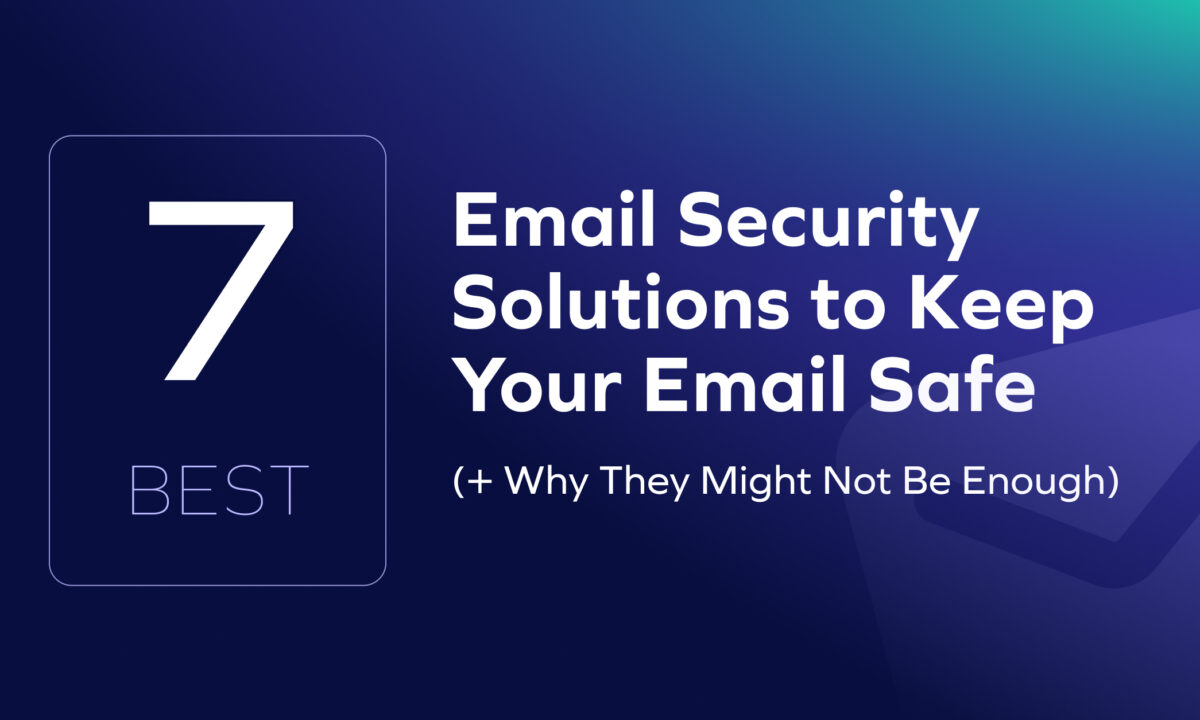The Gist
PayPal recently identified a sophisticated “No Phish Phishing” scam that exploits authentic vendor features to bypass traditional phishing detection methods. This new attack technique uses real PayPal email addresses, login pages, and its money request feature, making it virtually impossible for users to identify it as fraud. The scam operates by sending users notifications of payments being processed, typically for reasonable sums, like$2,000, leading recipients to believe they’re receiving unexpected funds.Unsuspecting users react to the email by providing the necessary information ,giving cybercriminals the information they need to commit fraud. The primary anomaly is the use of free Microsoft 365 test domains in the email’s”to” field, a detail often overlooked by users and security measures alike.
The Latest
Cybersecurity experts estimate that approximately 70% of PayPal users have fallen victim to this attack due to its convincing nature. To combat this threat, PayPal recommends users to:
- Reset their passwords
- Enable two-factor authentication
- Avoid responding to unsolicited messages
- Monitor bank account activity frequently
- Report suspicious transactions immediately
This new phishing technique poses significant risks, including payment fraud, data breaches, operational disruptions, and potential supply chain vulnerabilities. Users are advised to exercise caution and verify the authenticity of any payment requests or notifications received through PayPal.
Trustmi’s Take
The “No Phish Phishing” attack onPayPal highlights a critical shift in cybersecurity. While PayPal’s 2024commitment to AI-enhanced security is promising, this incident reveals the ongoing arms race between cybercriminals and security systems. Advanced AI-powered behavioral analysis has become essential in combating sophisticated phishing attacks that evadetraditional detection methods. Our data shows AI-driven systems can reduce false positives by up to 60% compared to conventional approaches. At Trustmi, we’ve observed a 300% increase in these “invisible” phishing attempts over the past year. Our AI systems have successfully intercepted over 50,000 similar attacks across client organizations. This underscores the need for organizations to move beyondtraditional security measures and embrace adaptive, AI-driven solutions that can analyze contextual clues, user behavior, and historical patterns to flagsuspicious actions, even when they occur through official channels. To learn more about how cybercriminals use business email to access an organization’s sensitive assets and payment information, take a few minutes to view this webinar.










